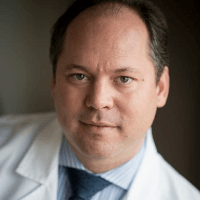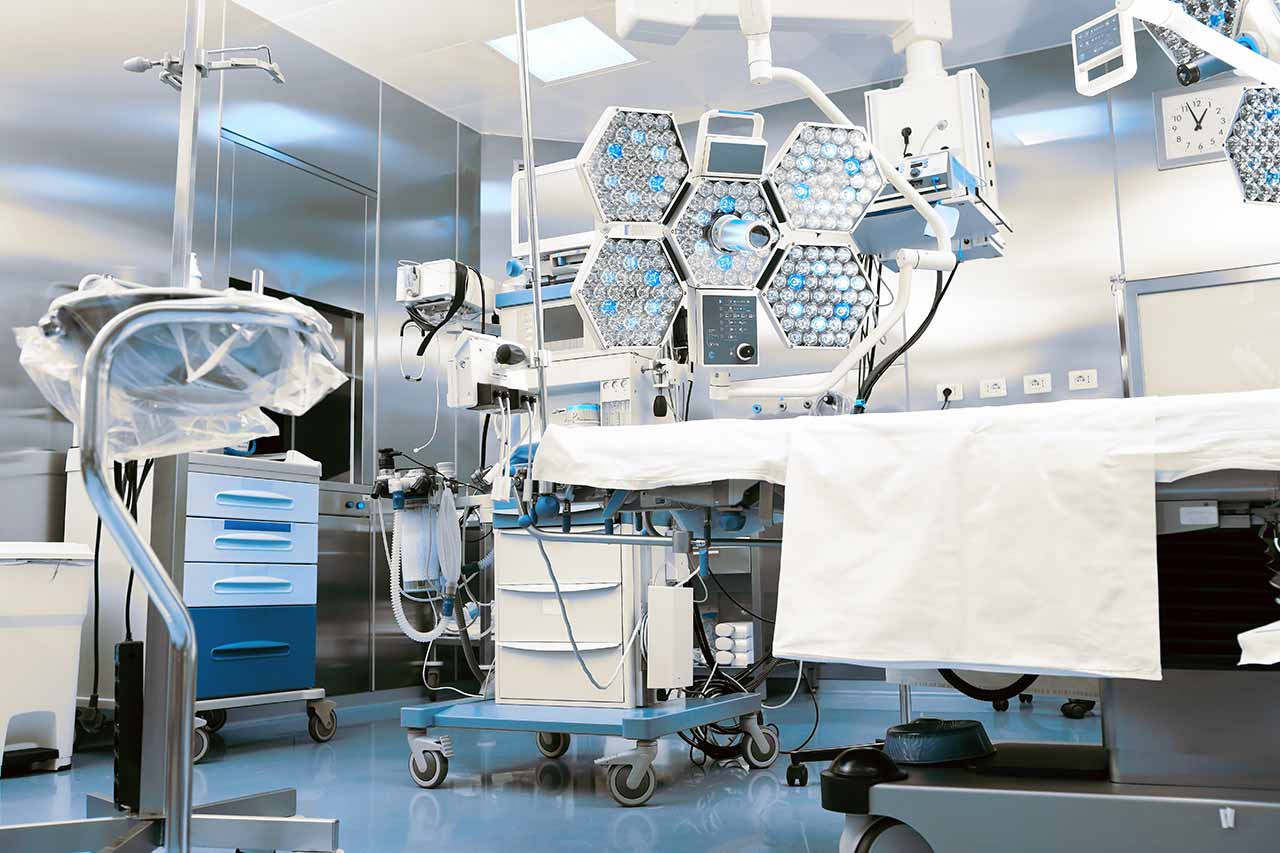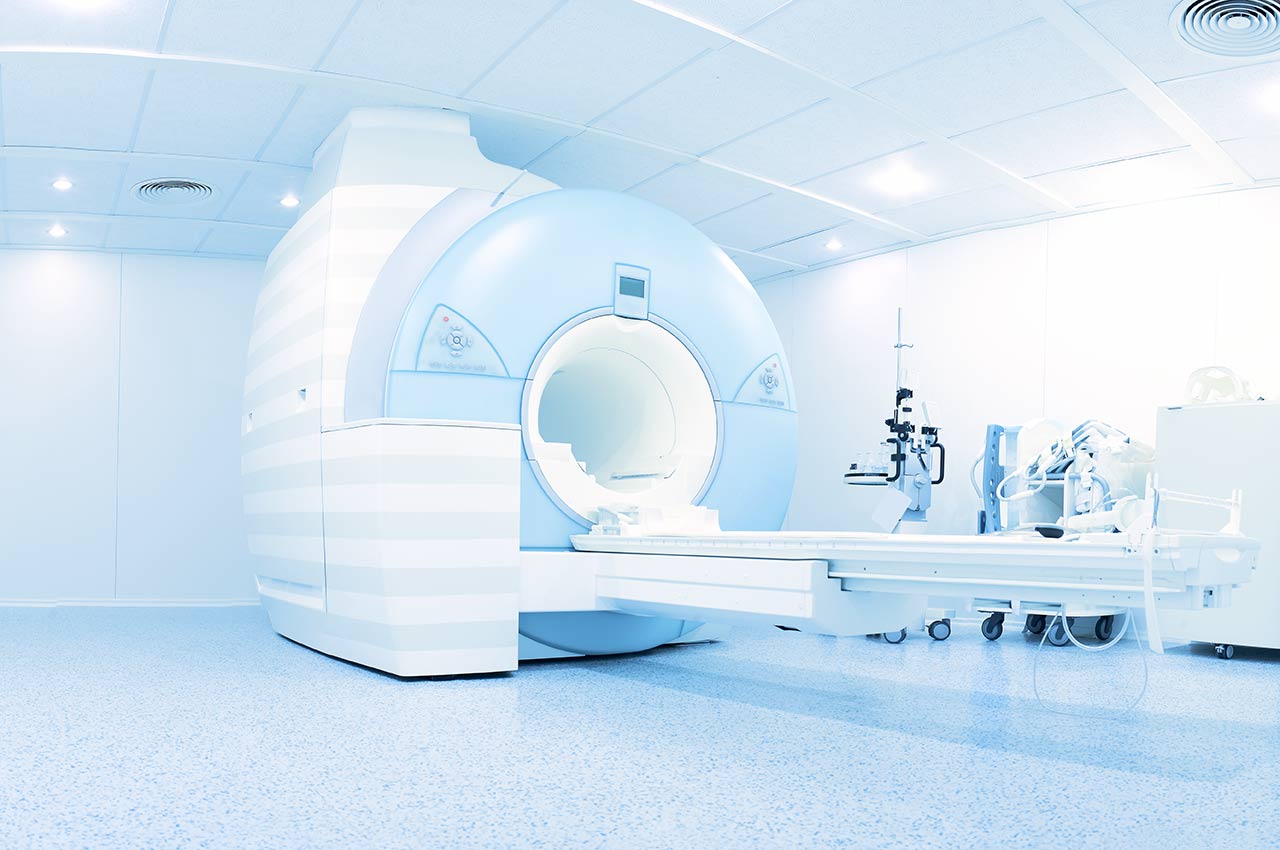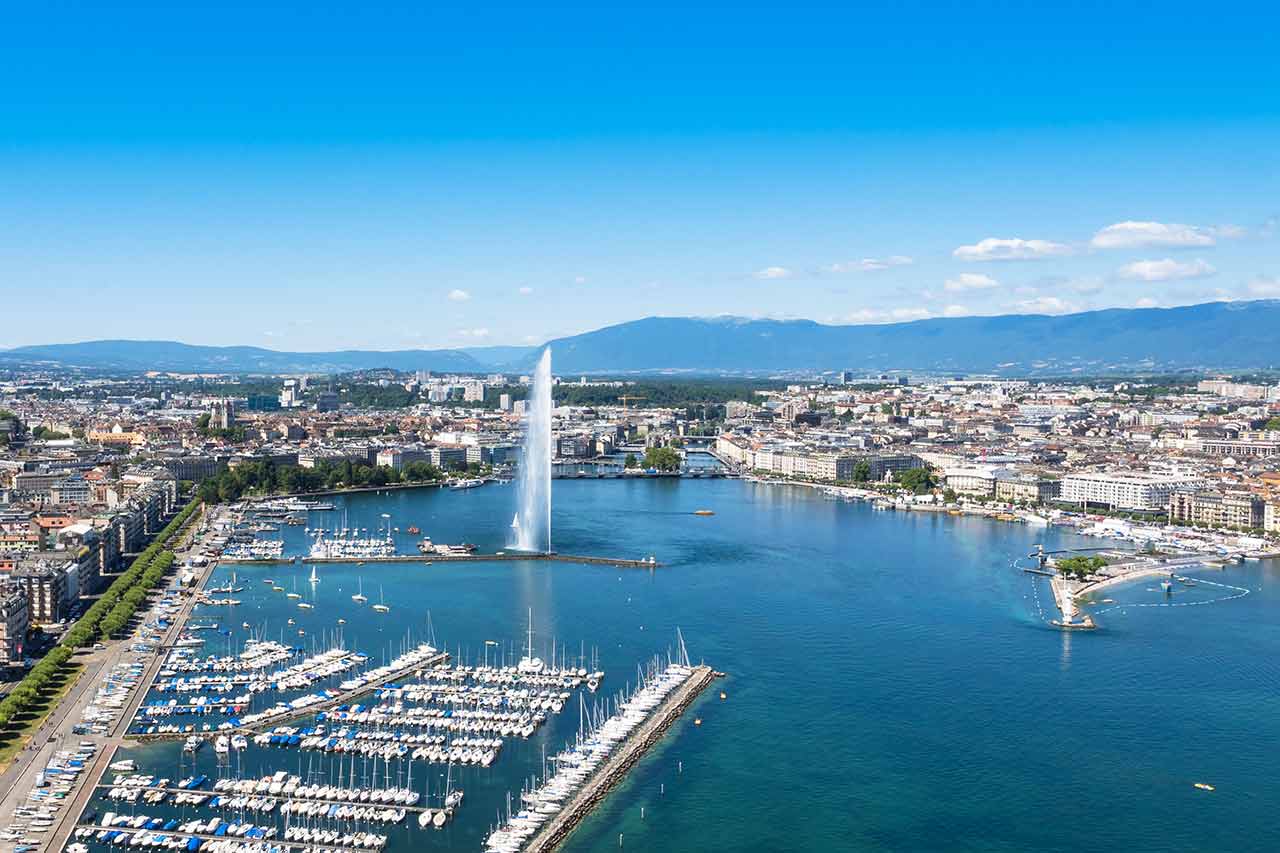
The program includes:
- Initial presentation in the clinic
- clinical history taking
- review of medical records
- physical examination
- laboratory tests:
- complete blood count
- general urine analysis
- biochemical analysis of blood
- inflammation indicators (CRP, ESR)
- TSH, fT3, fT4
- L-Dopa-Test
- indicators of blood coagulation
- neurological examination
- CT/MRI scan
- neuropsychological tests (if indicated):
- ENMG (electroneuromyography)
- EEG (electroencephalography)
- SEPs (somatosensory evoked potentials)
- VEPs (visually evoked potentials)
- BAEP tests (brainstem auditory evoked potentials)
- stationary EEG monitoring
- preoperative care
- surgical treatment of Parkinson's disease with deep brain stimulation and implantation of
neurostimulator (including the cost of neurostimulator) - 1-day intensive care unit stay
- postoperative MRI control
- symptomatic treatment
- control examinations
- the cost of essential medicines and materials
- nursing services
- full hospital accommodation
- developing of further guidance
How program is carried out
During the first visit, the physician will conduct a clinical examination and neurological examination, and go through the results of the available diagnostic tests. After that, you will undergo the necessary additional examination, such as the laboratory blood and urine tests, MRI or CT scan. Based on the results of an additional examination, the physician will clarify the localization of foci of pathological electrical activity in the brain. After that, the preparation according to the preoperative standard will begin.
The first stage of treatment is the implantation of stimulating electrodes into the brain. The operation is performed under local anesthesia, through a small opening in the skull. You will be awake and communicating with your surgeon, so that he will be able to assess the correctness of the brain electrodes placement.
The second stage of treatment is the implantation of a neurostimulator, which will generate electrical impulses that regulate the work of the brain. Depending on the anatomical peculiarities, the surgeon will place the neurostimulator under the collarbone or in the abdomen and attach the brain electrodes to it. Typically, this operation is performed under general anesthesia.
After the completion of the operation, you will stay in the intensive care unit, under the round-the-clock supervision of physicians and nurses. When the condition becomes stable, you will be transferred to a regular ward.
Your physician will evaluate the results of the postoperative MRI and program the neurostimulator according to your individual needs. You will be able to turn the device on and off yourself. After setting up the neurostimulator, the attending physician will schedule the date of discharge from the hospital and give you detailed recommendations for further follow-up and treatment.
Required documents
- Medical records
- MRI/CT scan (if available)
Service
You may also book:
 BookingHealth Price from:
BookingHealth Price from:
About the department
The Department of Adult and Pediatric Spinal Surgery, Neurosurgery at the Hirslanden Clinic La Colline Geneva offers the full range of conservative and surgical treatment of diseases of the nervous system. Its special competence lies in the treatment of spinal diseases, including back pain, herniated discs, arthrosis, compression syndromes. The department is headed by Dr. med. Antoine Dinichert.
The department deals with the treatment of patients of all age groups, ranging from young children to the elderly. If necessary, the highly qualified neurologists can also be involved in the therapeutic process. The clinical practice involves the use of state-of-the-art computer navigation systems that provide the highest accuracy when performing surgical procedures, which is especially important when performing operations on the brain and spine. Through the use of innovative equipment, the surgeons can eliminate damage to the healthy surrounding tissues.
The department has an innovative CyberKnife system, which opens up new possibilities in the treatment of benign and some malignant brain tumors, as well as malformations of the cerebral vessels without the need for craniotomy.
The department’s range of surgical services includes:
- General spinal surgery
- Lumbar discectomy
- Lumbar selective decompression
- Lumbar laminectomy
- Cervical discectomy
- Prosthetics of the intervertebral discs of the cervical spine
- Complex spinal surgery
- Stabilization of the lumbar and cervical spine
- Minimally invasive surgery
- Lumbar immobilization (fusion) with the introduction of a screw through small incisions on the skin
- Skull base surgery
- Surgical treatment of brain tumors
- Surgical treatment of hydrocephalus
- Surgical treatment of vascular pathologies
- Surgical treatment of epilepsy
- Brain biopsy
- Treatment of traumatic brain injuries
- Pediatric neurosurgery
- Surgical treatment of hydrocephalus
- Brain tumors in children
- Craniofacial surgery
- Surgical treatment of spina bifida
- Surgical treatment of epilepsy
- Treatment of traumatic brain injuries
- Other medical services
Curriculum vitae
Education and Postgraduate Training
- 2015 DePuy Synthes Spine Revision Symposium, Solothurn.
- 2014 OLIF training courses, Salzburg.
- 2013 Training course on prosthetics, Innsbruck.
- 2013 AOSpine Masters Symposium on Degenerative Spine Conditions, Lucerne.
- 2012 EANS Advanced Spinal Surgery Course (focus on the lumbar and thoracic spine), Leiden.
- 2011 Course on maintaining mobility and minimally invasive spinal surgery, Hamburg.
- 2011 Course on the treatment of diseases of the cervical spine, Brussels.
- 2011 Forum on minimally invasive and posterior dynamic stabilization of the spine, Lucerne.
- 2010 Conference on balloon kyphoplasty, Neuchatel.
- 2009 EANS Advanced Spine Surgery Course (focus on the cervical spine), Barcelona.
- 2008 Training course on kyphoplasty (Medtronic), Salzburg.
- 2007 DePuy Spine Course, University of Barcelona.
- 2007 Vertebroplasty training course, University Hospital Bern.
- 2007 DePuy Spine Course, Fribourg.
- 2006 Cardiopulmonary resuscitation course, St. Gallen.
- 2004 Seminars of the French Society of Neurosurgery: surgical access and lumbar spine osteosynthesis.
- 2003 Neurosurgery Workshops, Paris.
- 2010 University Diploma in Spinal Surgery, Paris Diderot University, Paris.
- 2006 Examination of the European Association of Neurosurgical Societies (EANS).
- 2003 Certificate in Radiology and Diagnostic Imaging of the Nervous System, University of Pierre and Marie Curie, Paris.
- 2003 Certificate on Specialized Training in Neurosurgery, Paris Descartes University, Paris.
- 2002 - 2007 Neurosurgery course of the European Association of Neurosurgical Societies (EANS).
- 2001 Doctorate, University of Geneva.
Professional Career
- 2010 Private Practice in Geneva.
- 2007 - 2010 Head of the Department of Neurosurgery (focus on spinal surgery), St. Gallen Cantonal Hospital.
- 2005 - 2007 Assistant Physician, Department of Spinal Surgery, Schulthess Hospital.
- 2004 - 2005 Clinical Fellow in Neurosurgery, Charing Cross Hospital.
- 2003 - 2004 Practitioner in the Department of Neurosurgery, Lariboisière Hospital.
- 2001 - 2003 Internship in the Department of Neurosurgery, Lariboisière Hospital.
Clinical Interests
- Brain surgery
- Surgery to remove brain tumors.
- Surgery for brain hemorrhages.
- Spinal and peripheral nerve surgery
- Surgical treatment of degenerative and traumatic lesions of the spine.
- Surgical treatment of spinal tumors.
- Intervertebral disc prosthetics.
- Vertebroplasty and kyphoplasty.
- Minimally invasive and endoscopic spinal surgery.
- Treatment of chronic back pain.
Memberships in Professional Societies
- Swiss Medical Association (FMH).
- Association of Physicians of the Canton of Geneva (AMG).
- Swiss Society of Neurosurgery (SSN).
- European Association of Neurosurgical Societies (EANS).
- AOSpine
- EuroSpine.
- Swiss Society of Spinal Surgery (SGS).
Photo of the doctor: (c) Hirslanden AG
About hospital
The Hirslanden Clinic La Colline Geneva is a multidisciplinary medical facility, where the patient will benefit from an impeccable quality of medical service, responsive care and a humane attitude. The clinic provides both inpatient treatment and outpatient care. There are 67 beds available for hospitalization. The basis of successful clinical practice is the advanced infrastructure, high-tech equipment and carefully selected medical personnel with impressive competencies and rich experience.
The clinic has 6 ultramodern operating rooms with all the necessary conditions for robot-assisted and endoscopic interventions, as well as classic open operations. The clinic’s infrastructure is complemented by a progressive Department of Radiology, Unilabs Laboratory, as well as a Department of Physiotherapy.
The competence of the clinic covers more than 30 fields of modern medicine, in which patients can receive consultations, undergo accurate diagnostics, effective treatment and follow-up care. In some areas of specialization, the medical complex has gained special recognition and excellent reputation in the international medical arena. In particular, these areas include abdominal surgery, orthopedic surgery and neurosurgery. The clinic also offers check-up programs that can be adapted to the individual needs of patients.
A feature of the medical complex is the presence of a specialized Center for Sports Medicine and Physical Training, which has received recognition from the Swiss Olympic Committee. The center offers individual medical programs for young or experienced athletes, as well as for active people and those who need recovery from sports injuries.
Thus, the clinic has all the necessary resources to provide quality medical services in a pleasant and friendly atmosphere. In addition, the medical facility is proud of its convenient location. It is 5 minutes from the city center, 20 minutes from the airport and 10 minutes from Geneva Cornavin train station.
Photo: (с) depositphotos
Accommodation in hospital
Patients rooms
The patients of the the Hirslanden Clinic La Colline Geneva live in comfortable rooms made in light colors and modern design. Each patient room has an ensuite bathroom with shower and toilet. The standard patient room includes an automatically adjustable bed with a comfortable orthopedic mattress, a bedside table, a wardrobe, a table and chairs for receiving visitors, a TV. If desired, one can connect to Wi-Fi. The clinic also provides enhanced-comfort rooms with a safe, a refrigerator and upholstered furniture.
Meals and Menus
The patient and the accompanying person are offered a daily choice of three menus. If you are on a specific diet for any reason, you will be offered an individual menu. Please inform the medical staff about your dietary preferences prior to the treatment.
Further details
Standard rooms include:
Religion
The religious services can be provided upon request.
Accompanying person
During the inpatient program, an accompanying person may stay with the patient in the room or at a hotel. Our managers will help you choose the most suitable option.
Hotel
During the outpatient program, the patient may stay at the hotel. Our managers will help you choose the most suitable option.




